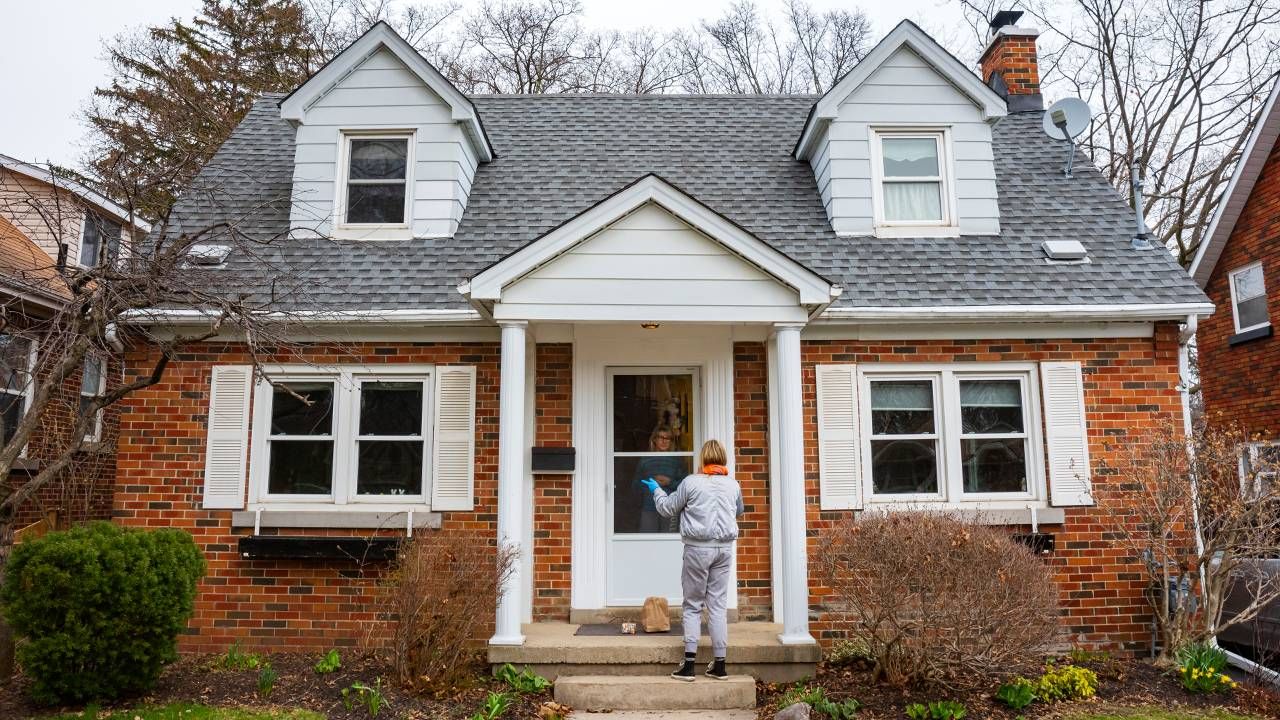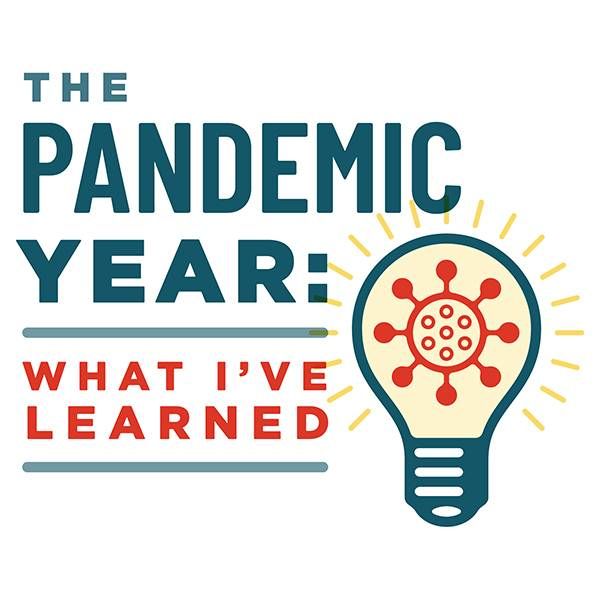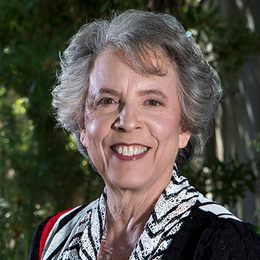Love Your Neighbor as Yourself: But How?
A rabbi's view of the wisdom that came, or should have come, from COVID-19

What wisdom comes from our religious traditions out of this pandemic? Or perhaps more accurately, what wisdom could have, or even should have, come?
A year ago, we said: "We're all in this together." A year ago, we seemed to have come face-to-face with an essential spiritual truth illuminated by the pandemic: We are all connected.
The Connections of the Pandemic
Every living thing is connected to every other living thing. Our planet is one living ecosystem. What happens with a bat in China changes the lives of people in New York City. An unmasked person at a party in Florida can threaten the life of a grandmother in Cleveland. A hospital worker in Los Angeles who contracts the coronavirus from a patient can bring it home to her extended family who all share a small apartment.
"We are all in this together" leads us to a fundamental teaching of the Hebrew Bible: "Love your neighbor as yourself."
What does it mean to love yourself? And, especially now, who is my neighbor?
But there are so many questions from such a short verse. What does it actually mean to love your neighbor as yourself? What does it mean to love yourself? And, especially now, who is my neighbor?
The wisdom that comes from the pandemic, I believe, is that every living person is my neighbor — the vendor in the market in China, the unmasked person in Florida, the hospital worker in Los Angeles.
What Love Your Neighbor Means
What does it mean to love your neighbor as yourself? A medieval commentator explained it this way: "You shall love for your neighbor what you love for yourself." In other words, loving your neighbor as yourself means wishing for our neighbors what we wish for our own selves.
What do I wish for myself? That I be safe; that I be happy; that I be strong; that I live with ease. In fact, every day I meditate with those words.
It is a mediation practice called Metta or lovingkindness, from a Buddhist tradition I learned from my teacher Sylvia Boorstein. But it is not an affirmation. I don't say: I am safe. I am happy. It is, instead, an aspiration, a hope, a wish.
I want to feel safe… I say: May I feel safe.
I want to feel happy... I say: May I feel happy.
The meditation calms me down and helps me look past the challenges posed by the pandemic that get in the way of feeling safe or happy or strong; the ones that make it hard for me to face what's happening with equanimity and patience.
Bad things might be happening, but if my mind can stay clear, I can still wish for safety, happiness, strength and ease.
And the clearer and calmer I am, the more I can face those challenges.

So Metta begins with blessing myself.
Who Is My Neighbor?
The second stage of the practice is a kind of answer to the question: Who is my neighbor?
First, the people I feel closest to — my children, our extended family, my closest friends. So, after I bless myself, I focus my attention on them: May my children/grandchildren/closest friends feel safe. May they feel happy. May they feel strong. May they live with ease.
And then the circle widens to include distant friends — members of my temple, for example, or "familiar strangers," the people with whom I interacted regularly before the pandemic, like the clerk at the dry cleaners or the woman who owns the restaurant up the street from my house or, these days, the neighbors I greet on my daily walks.
Being a human being is hard in the best of times. It's even harder in the worst of times.
Finally, the circle extends to the vendor in China, the partygoer in Florida, the hospital worker in L.A. They are all my neighbors.
Being a human being is hard in the best of times. It's even harder in the worst of times. So, the wisdom emerging from the pandemic is a reaffirmation of the importance of creating community.
I am not alone. We are all in this together.
Ritual, Community and Resilience
Our religious traditions give us community. For example, Passover, which is coming soon, brings the powerful tradition of the Passover seder when friends and families gather to retell the story of the Exodus from Egypt.
Last year, the seder was generally virtual, which was both sad and empowering. People who lived too far away to come to a face-to-face seder came together on Zoom, each eating the ritual foods in their own homes, but still able to tell the story of coming out of a narrow place, a metaphoric Egypt.
It was a reminder that we have been through hard times before. And that we will get through this.
This year, Passover may also be virtual, but it will probably be better than last year when we were just learning how to use the technology to join together. Also, now we know there is light at the end of the tunnel (vaccines).
Ritual creates community and community creates resilience.
Our religious traditions challenge us to move beyond our own parochial communities to a more expansive vision, too. To use a biblical image, all human beings are created in the image of God. While we might have different understandings of Divinity, to believe that all human beings are created in the image of God means that we can see the face of God in the faces of others, that we are responsible for others and that it is on us to create a world where we are all in this — and everything — together.
Are We All In This Together?
We are all vulnerable. Life is fragile. We need each other. We are all connected.
Are we all in this together?
Then why does our health care system not protect those who are most vulnerable: people of color, people with underlying health conditions, older adults?
If we are all in this together, why do so many of our children not have access to virtual learning because they can't access the internet or lack the hardware available to children of privilege?
If we are all in this together why are private schools able to open while public schools are not getting the support that they need to make it safe to bring children back to their classrooms?
Yes, we will get through this pandemic. But will we learn from it that it is on us to repair the world so we truly are all in it together?
We have a lot of work to do. As a classical Jewish teaching says: "It is not up to us to complete the task, but neither are we free to desist from it."
That is wisdom.


